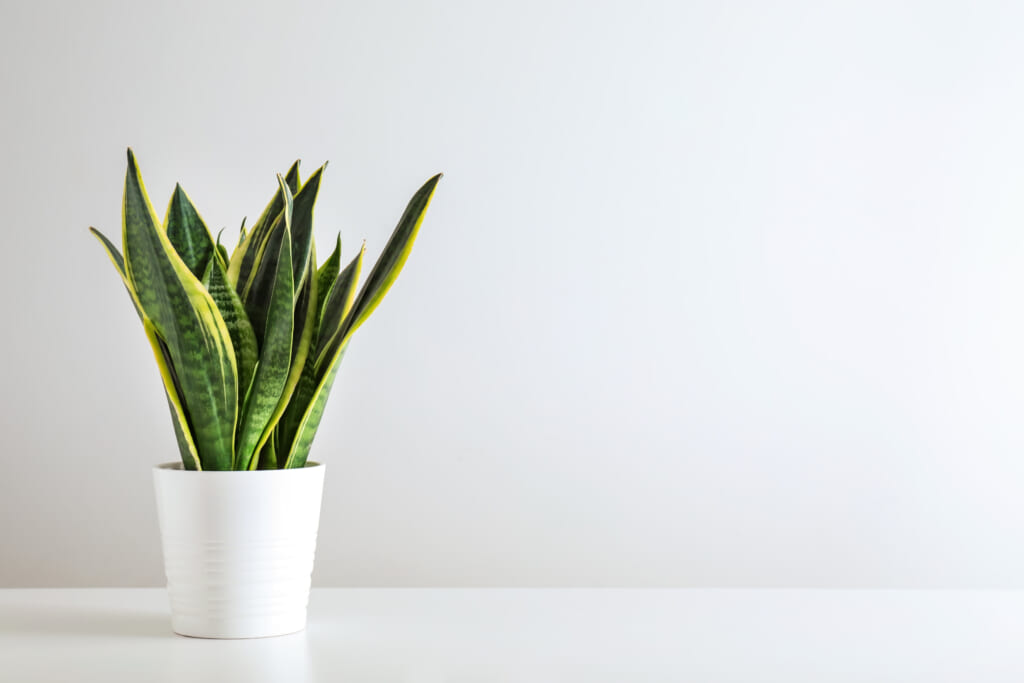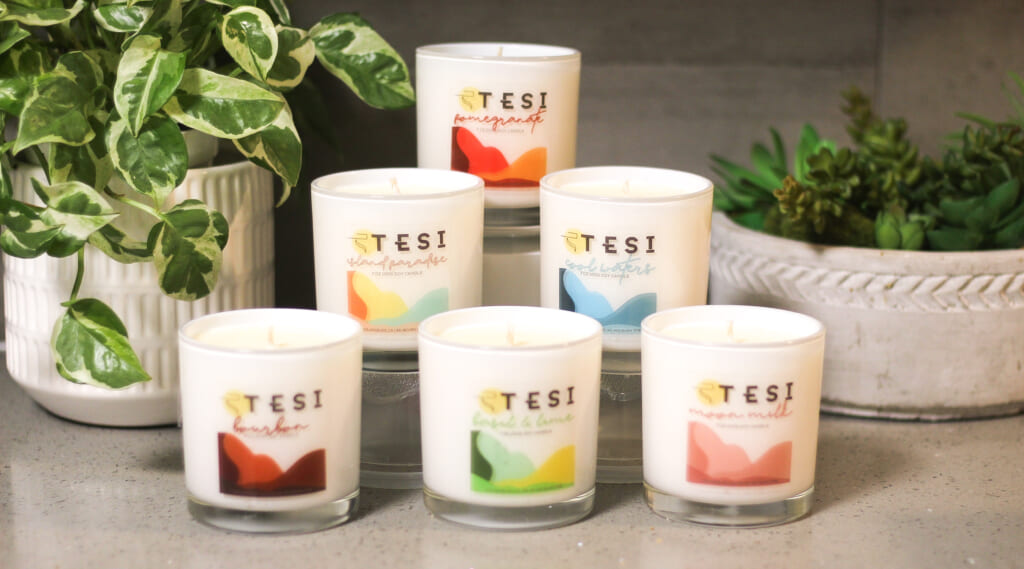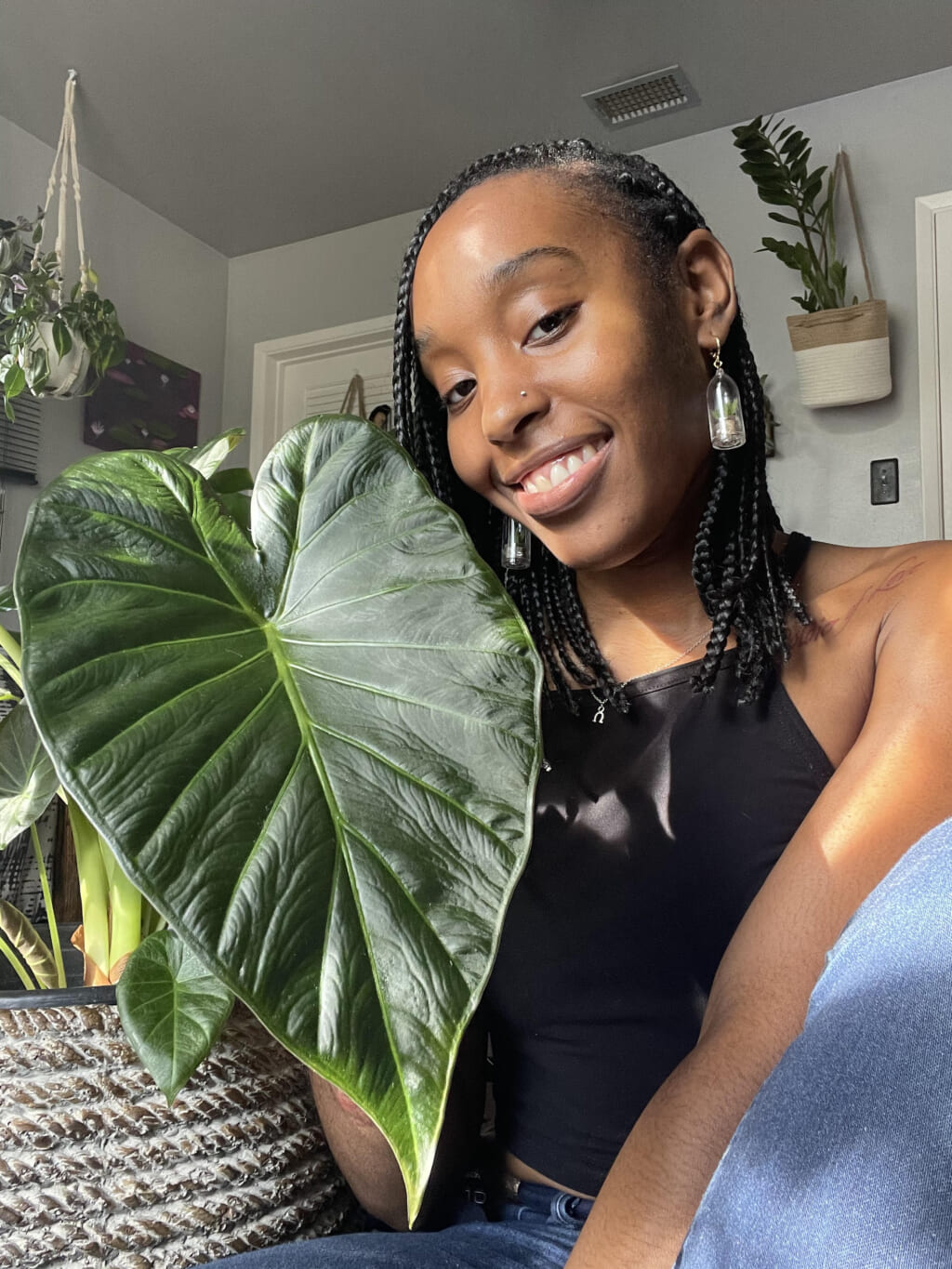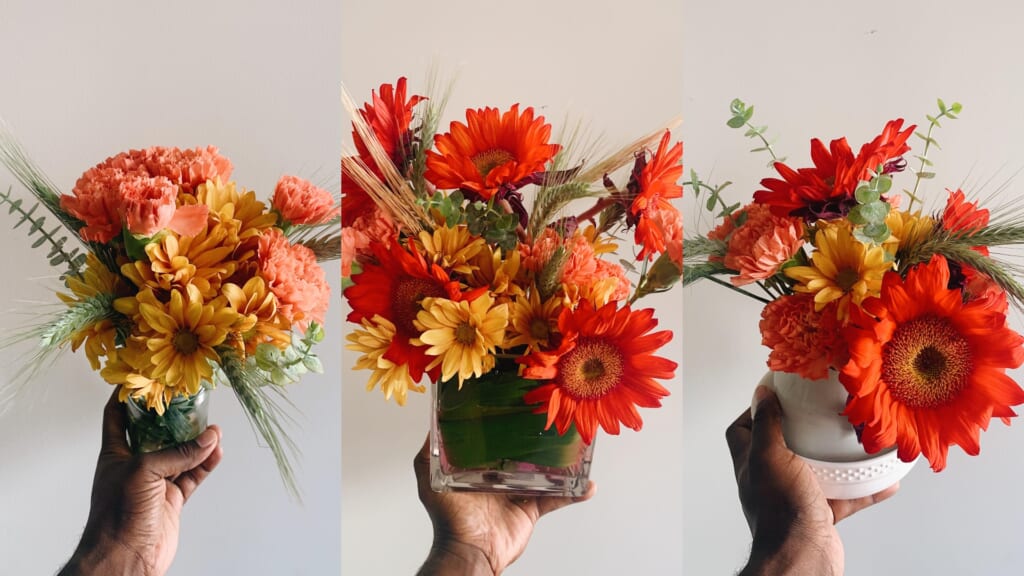Millennials embrace houseplants to cope with pandemic isolation
In the midst of an unanticipated crisis, many young people surrounded themselves with greenery
It all started with a small little Sansevieria Trifasciata named Diana. I was told if you love something, you give it power by invoking its name with meaning. So it only made sense that I named this ‘silver star’ snake plant after the one and only Diana Ross.
Growing up, my mom had plants all over our house so greenery wasn’t uncommon in my life. However, I found it interesting from a distance. Watering the plants when my parents were out of town was basically where it started and ended.

Now, I’m a proud plant parent to six botanical babies and wondering, how did I get here?
For starters, by 2020, reports state that millennials are in the lead of the house plant population and their numbers are continually growing. Tending to houseplants is in no way, shape, or form a new practice, however, it has become trendy thanks to the ‘wellness conscience’ generation.
For most people, adding plants to their homes is more of a complement to their overall aesthetic, while for others, especially Black people, it’s been helpful for their mental and physical well-being. More than ever, Black millennials are getting [back] in touch with nature as a way to find balance in this fast-paced yet unpredictable world. You will notice that many more homes have lovely gardens in their yard and you can even see that their trees and other surrounding plants are flourishing. The pandemic has taken nature away from us, but when the time is right we can adapt our home to have a closer feel to nature.
During a time when people experienced a great deal of loss, these budding botanists learned more about themselves and their needs with each growing bud.
“I’ve always loved plants and although I swear I don’t do anything special, it seems that I am good at keeping them alive and thriving,” shared entrepreneur Sandra Umutesi.
“The two biggest lessons I’ve learned from taking care of plants are one size does not fit all – we’re all individuals that require bespoke care in order to grow and thrive,” Umtesi explains. “Secondly, the roots that we don’t see often tell us more about the plant than the flowers and leaves. Sometimes our issues are deeper than we think and it’s so important to take the time to analyze your roots in order to course-correct as needed.”
No stranger to botany, Umtesi turned her attention to her plants as another way to interact with life when in-person contact was limited during quarantine. She and 3.2M Americans also took part in another quarantine related trend – entrepreneurship.
In May 2020, Umtesi tapped into her long-time passion project and launched madebyTesi, a natural soy wax and phthalate-free candle line. During a time where Black entrepreneurs are already fighting for racial equality and equity, she is extremely grateful for her unwavering support system.

Read More: Black Millennials contributed to unexpected home-buying surge
It was also due to his support system that media personality Jameer Pond was able to find the true definition of happiness during the pandemic.
“Before I moved into my new apartment, I told myself that I wanted plants but it was a passing thought,” Pond says. “It turned into five different Black women buying or giving me plants in the last two months. I was so inspired that I started a sitcom on Instagram featuring all of my plants.”
Like most personalities, Pond found new ways to stay creative, Using his plant babies as his supporting cast, the ‘plant papi’ launched a sitcom series called Mo’ Time At Home where he reenacts scenes and hilarious televised moments, bringing joy to his followers.
Quarantine became a time for Pond to slow down and enjoy living in the moment. The patience it required to be a doting first-time plant daddy helped him find his inner peace, stay grounded, stay motivated, and most of all, find happiness.
The concept behind being a plant parent is attractive to millennials who are waiting to start families but want to take pride in tending to something low-maintenance. It’s also one of the few social media trends that have real-life benefits.
“I’ve learned how important it is to incorporate rest and self-care into your routine. Before the lockdown I was constantly working or on the go and felt like I didn’t make enough time to enjoy the things that bring me joy,” Raven Sherman shared.
Thanks to a little inspiration from plant guru/stylist Hilton Carter, Sherman was ready to make time and do something just for herself. Through plant care, Raven learned it was okay to let go and allow life to flow organically.
Ironically, much like her favorite ZZ Raven plant, she discovered that she has the ability to thrive on her own.

And when the world could no longer serve as a muse for filmmaker/photographer, Josh Peters, he leaned on love. What started as a cute gesture for his girlfriend turned into a form of therapy for the New York City creative.
“Gig after gig was dropped, leaving me in limbo financially and creatively. With nothing to film professionally, I channeled my creativity into things that sparked joy for me, and those closest to me,” Peters says.
Peters started creating small arrangements with flowers purchased from NYC bodegas. He evolved into acquiring them from flower districts all across the country to find unique pieces. During his time in Los Angeles, he was inspired to film his floral arranging process which has now ‘bloomed’ into its own community.
On his Instagram page, Josh takes his people on a journey of beauty and provides a source of therapy to help manage these crazy times.

Ultimately, whether this new plant hobby is temporary or a lifelong commitment, it brought people together during a very isolating time encouraging young creatives and other millennials to make the space for self-care and have patience with the unknown.
“While routine can be good sometimes, less control is key,” Sherman says.
Have you subscribed to theGrio’s podcast “Dear Culture”? Download our newest episodes now!
TheGrio is now on Apple TV, Amazon Fire, and Roku. Download theGrio today!
